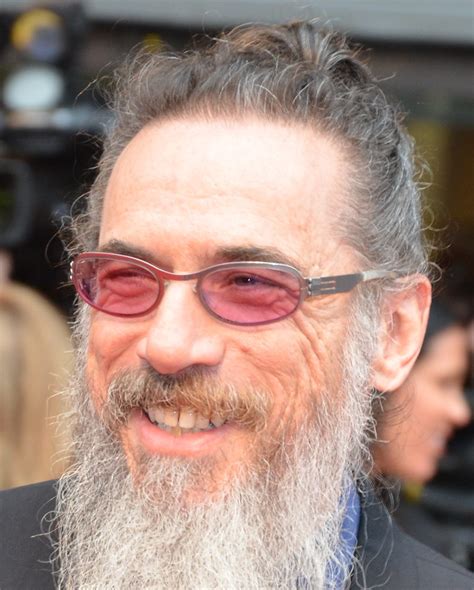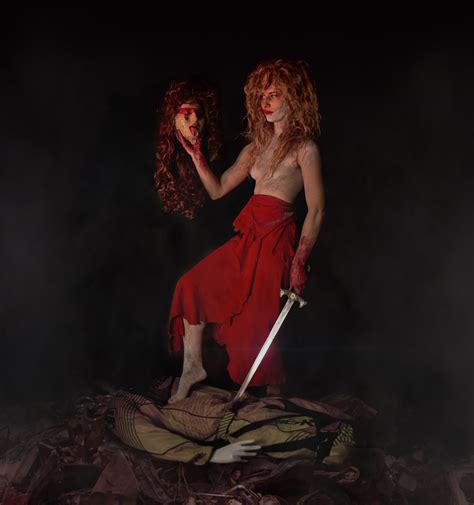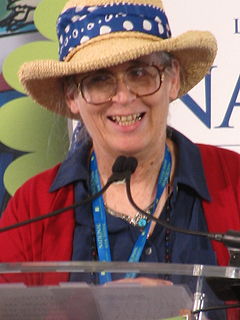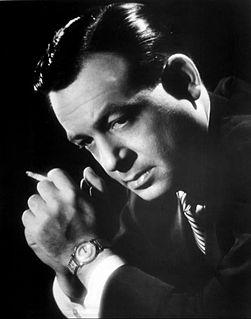A Quote by Charlotte Gainsbourg
There were always questions about my parents; I got so fed up with that.
Related Quotes
Like all Xhosa children, I acquired knowledge mainly through observation. We were meant to learn through imitation and emulation, not through questions. When I first visited the homes of whites, I was often dumbfounded by the number and nature of questions that children asked of their parents-and their parents' unfailing willingness to answer them. In my household, questions were considered a nuisance; adults imparted information as they considered necessary.
I'm not comparing myself with Donald Trump or anybody else - but the people are fed up with the politicians ignoring the problem. The people are fed up by if they say something about the influx of the mass immigration from mostly Islamic countries, what they really feel is the threat for the safety of their daughters who go to school or their parents who walk in the park or themselves going shopping on a Thursday evening in Holland - they are being called racist if they make a remark about, 'hey this is not our country anymore.'
I feel very strongly that I am under the influence of things or questions which were left incomplete and unanswered by my parents and grandparents and more distant ancestors. It often seems as if there were an impersonal karma within a family which is passed on from parents to children. It has always seemed to me that I had to answer questions which fate had posed to my forefathers, and which had not yet been answered, or as if I had to complete, or perhaps continue, things which previous ages had left unfinished.
I grew up in Brooklyn, New York. I grew up in a very Jewish neighbourhood and thought the whole world was like that. My parents were secular, but I went to a very Orthodox Jewish school, and I really got into it. I found it all fascinating, and I was just kind of really attracted to the metaphysical questions.
When we were doing the "Angel Dust" thing we got information from the National Institute of Drug Abuse because we knew that if we went out and said something about angel dust people were going to ask questions about it and we wanted to be sure we had all the information to deal with it when those questions came up. So it's all a question of being as prepared as possible out front, so that if you are going to deal with information it'll be correct. A lot of people won't check it out but some people will.
There was always a piano in the house when I was growing up - my dad played, and I thought it was cool - and when I was eight, I begged my parents to let me have lessons. After a couple of weeks, I wanted to give up, but my parents were very focused and made me keep going, which I'm very pleased about now.
My parents both renounced their material lives and were living as monks at an ashram in L.A. when they met each other. So we were always raised in this environment and when we moved to the ashram in Florida it was just like, "Oh, wow, now all of a sudden there's more people like us," because we were growing up in the middle of Texas with our parents, always being the weirdos.
Teenagers talk about the idea of having each other's 'full attention.' They grew up in a culture of distraction. They remember their parents were on cell phones when they were pushed on swings as toddlers. Now, their parents text at the dinner table and don't look up from their BlackBerry when they come for end-of-school day pickup.




































